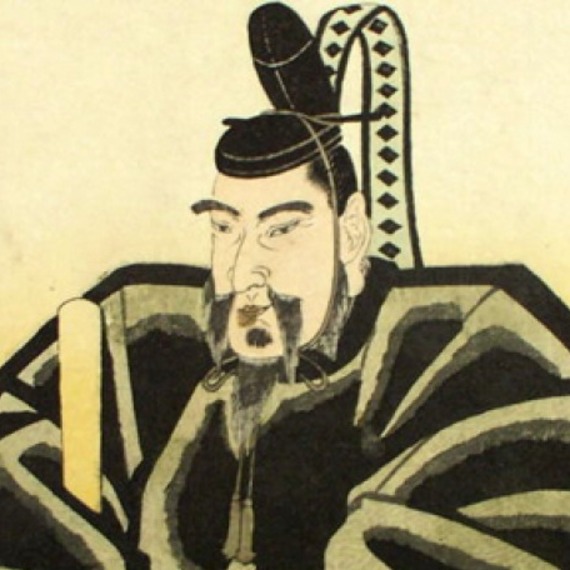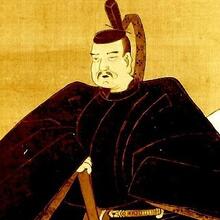
Personal
Other names:
Tenjin
天神
Job / Known for:
Scholar, poet, and politician
Left traces:
Waka and kanshi poetry, Tenman-gū shrines
Born
Date:
845-08-01
Location:
JP
Kyoto
Died
Date:
903-03-26 (aged 58)
Resting place:
JP
Death Cause:
Illness
Family
Spouse:
Fujiwara no Hiroko
Children:
Sugawara no Koreyuki, Sugawara no Toshitada, Sugawara no Takasue, Sugawara no Ariyoshi, Sugawara no Nobuko, Sugawara no Kanshi
Parent(s):
Sugawara no Koreyoshi, Sugawara no Kanshi
QR Code:
 My QR code:
Sugawara Michizane
https://DearGone.com/12144
My QR code:
Sugawara Michizane
https://DearGone.com/12144
Key Ownner:
Not yet supported by key owner
Show More
Rank
Users ranking to :
Thanks, you rate star
Ranking
5.0
1
Fullname
Sugawara Michizane
Fullname NoEnglish
菅原道真
Slogan
When the plum blossoms scatter, there is no perfect flower
About me / Bio:
Show More
Article for Sugawara Michizane
Died profile like Sugawara Michizane
Comments:



